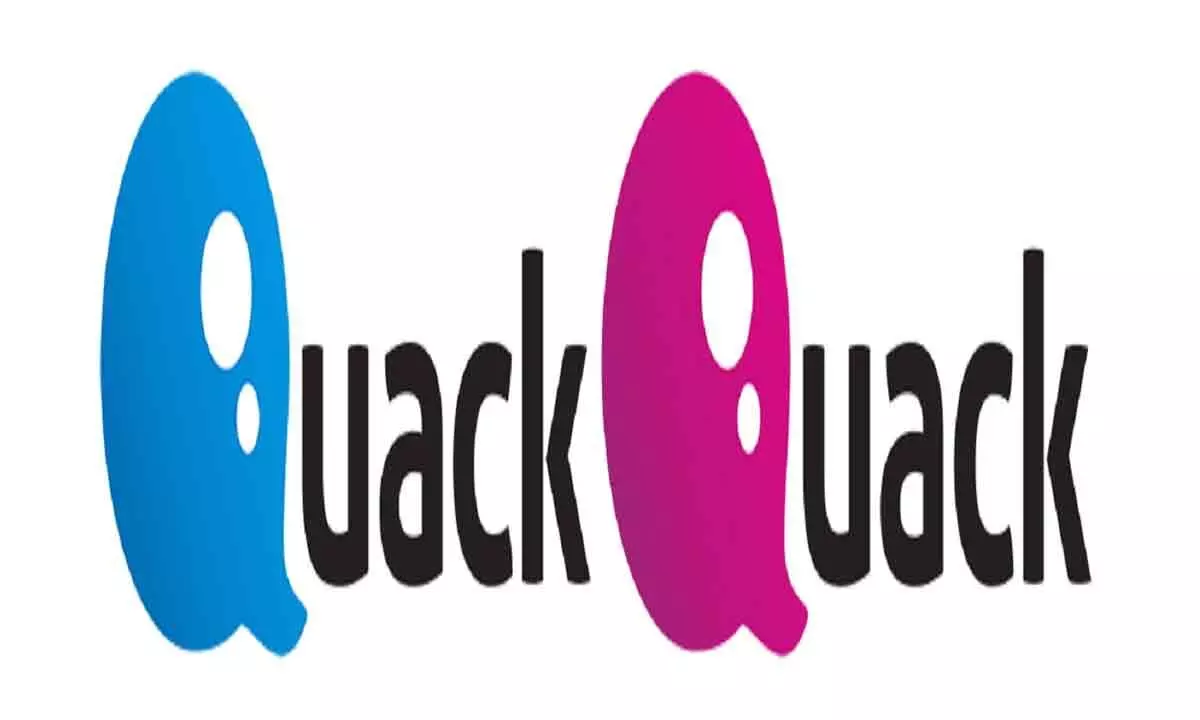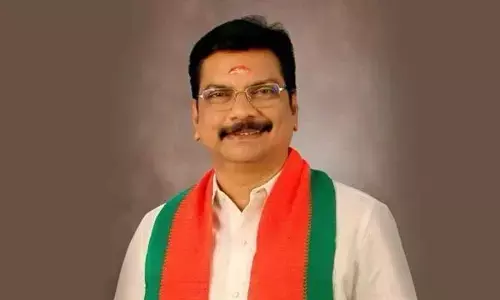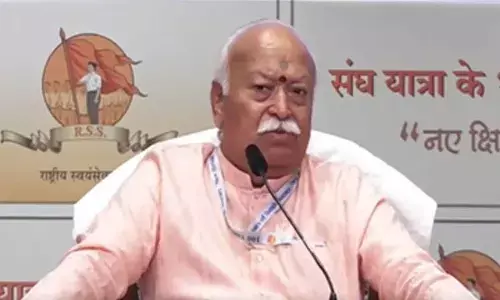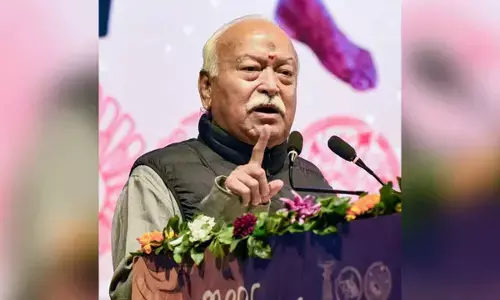Dating with Disability: It should not be a disclaimer

Dating app QuackQuack
As per a QuackQuack survey, among people aged between 21 and 30 above, 43% of disabled people shared that dating has always been in the back seat owing to their condition and 57% said that doesn't stop them from finding love.
Finding love is hardly an easy feat, and with disability added to the mix, dating can be a real pickle. According to a survey by the dating app QuackQuack among people aged between 21 and 30 and above, 43% of disabled people disclosed that dating has always been in the back seat owing to their condition. 57% said they have been on dates. Living with a disability makes them deal with everything differently from your average Joe. But that doesn't stop them from finding love. Life must go on!
Weakened Confidence
Most people lack insight into what it is like to live with a disability. Among the survey participants, 41% of disabled women from tier 1 and 2 cities revealed a lack of confidence because of their living conditions. They admitted thinking that people might not find them as attractive and appealing as anyone without disabilities. It takes a long time to come to terms with the fact that they are living with a disability. Dating with the label attached to them can be a massive blow to their confidence.
Dating apps to the rescue
52% of disabled people aged between 25 and 30 years mentioned that they have used dating apps to find the right match as it is more convenient. Going out and meeting people was not an easy option for many of them. Dating apps on the other hand gave them the opportunity of talking to another person in the comfort of their homes. Despite the challenges, most of them manage their way around life.
The talk
While many people with disability find it difficult to disclose their condition, 51% of disabled people over 30 felt it would be better to inform their date about their disability in the initial stage. They commented that it is not realistic to carry on a relationship with an elephant in the room.
While many believe that addressing it beforehand will help ease the initial shock and uneasiness around it, 49% feel that their disability does not define them and would not want conversations based on that. They don't believe in disclosing it before meeting up with someone.
Rejected
According to QuackQuack's survey, 38% of disabled men stated that their proposal for a date was rejected because they are differently abled.
They revealed that bracing themselves for being judged is as normal as breathing. They aired that society turns a blind eye toward disabled people. And when it comes to dating, this ableist society views them as the undesirable and discarded part of it.
Take a rain check
Per the survey report, 29% of disabled people between the age of 25 and 30 from tier 1 cities admitted cancelling a date because they didn't feel confident enough to meet someone new. Some revealed postponing the plan indefinitely. They were worried about being judged due to their condition. Some vented that the world has been harsh to them constantly, some comments here and there, the stares, everything has made them feel uncomfortable throughout their lives. The burden of the judgments was too heavy for them.
Success stories
On a positive note, the survey found that 39% of disabled men aged between 21 and 30 had a grand time on their date. The conversation circled their mutual interest and shared passions. They revealed that they barely discussed the disability. 37% of disabled men from tier 1 and 2 cities said that their dates were curious about their living conditions, and they respected that curiosity. Curiosity can be a good thing at times. It opens up a whole new arena of knowledge, and dating a differently-abled person requires educating yourself about their condition. Despite the striking absence of positive disabled love stories in the ableist society, these men and women made it work.
QuackQuack's Founder and CEO, Ravi Mittal commented, "We, the able-bodied people of the world, need to re-educate ourselves and learn to revise our perspective according to the needs of the differently-abled. Only then will the world be an equal place for all."










